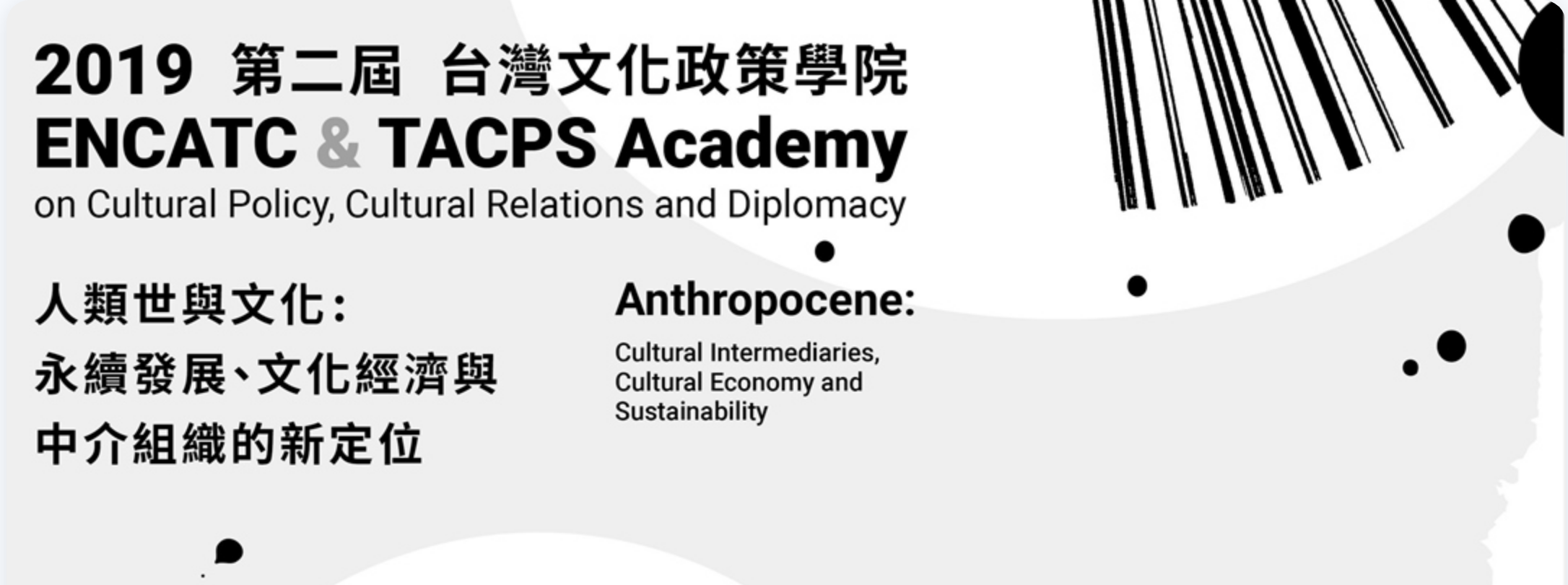Following the successful collaboration in our first academy in 2015, the second ENCATC-TACPS Academy on Cultural Relations and Diplomacy will be hosted on 3-4 November 2019, addressing the relationship between culture and the planet. With the title Anthropocene: Cultural Intermediaries, Cultural Economy and Sustainability, we invite academics, cultural professionals, and members of the public to join this intensive two-day learning experience.As the earth and the global environment is fundamentally affected by human culture, scientists have proposed that we have entered the Anthropocene in the mid-20th century. Facing issues such as climate change and plastic waste, what impact can arts and culture create? By recognizing these issues and raising awareness, how can cultural institutions and policymakers respond to the shared challenges?In the Academy, the theme focuses on sustainability and culture. We invite participants to pursue and re-create innovative concepts and definitions towards local art institute and organizations in contemporary civil society, while these institutions still shape highly profitable and charitable new cultural economy.To echo the #culture2030goal campaign, we aspire to engage culture as the core and invaluable driver for sustainable development. We adapt the 5P of United Nations Sustainable Development Goals –peace, people, planet, prosperity, and partnership—into our agenda and explore the sustainability of culture. The programme aims to strengthening links and fostering project partnerships between Asia and Europe in the areas of cultural policy, cultural exchange, and arts management.The ENCATC-TACPS Academy will also foster mutual understanding between academics and professionals from Europe and Asia, facilitating international research and education. The Academy is made possible in partnership with these ENCATC members: the National Taiwan University of Arts, the Taiwan Ministry of Culture and Taipei Representative Office in the UK, and Goldsmiths, University of London. ENCATC is co-funded by the Creative Europe programme of the European Union.

